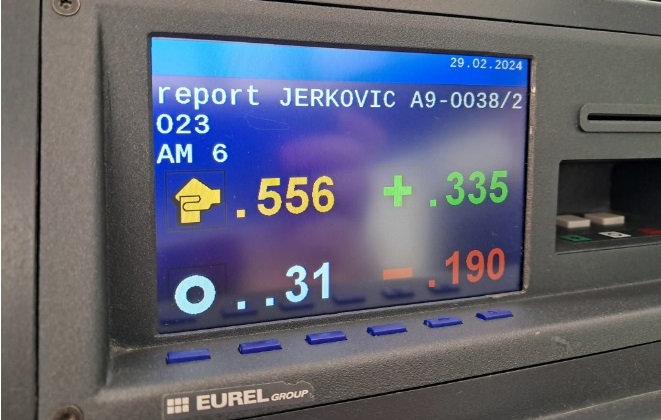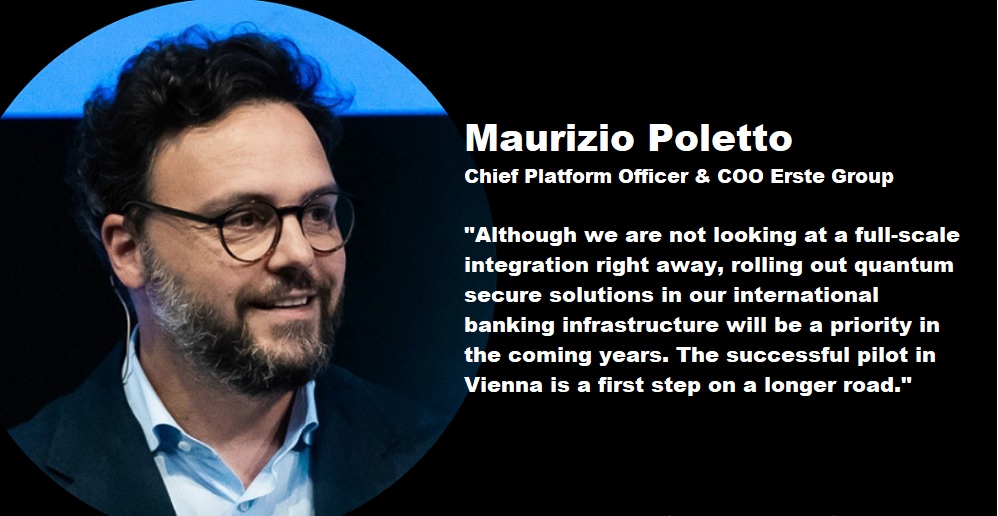European Parliament back plans for an EU-wide digital wallet. The EU wallet will be used on a voluntary basis.

The European Parliament has adopted the proposal for the European Digital Identity Framework. The new digital identity framework will provide EU citizens with cross border digital access to key public services.
According to the regulation adopted on Thursday, and already agreed upon with EU ministers, this new Digital Identity Wallet will allow citizens to identify and authenticate themselves online without having to resort to commercial providers – a practice that raises trust, security and privacy concerns.
The EU wallet will be used on a voluntary basis. During negotiations, MEPs secured provisions to safeguard citizens’ rights and foster an inclusive digital system by avoiding discrimination against people opting not to use the digital wallet.
The law provides for free “qualified electronic signatures” for EU wallet users, which are the most trusted, and have the same legal standing as a handwritten signature, as well as wallet-to-wallet interactions, to improve the fluidity of digital exchanges.
MEPs have also mandated an open-source wallet to encourage transparency, innovation and to enhance security. They also set stringent rules for the registration and oversight of companies involved to ensure accountability and traceability.
Via a so-called privacy dashboard, users will be able to have full control of their data and will be able to request their data be deleted, as provided for under the General Data Protection Regulation (GDPR).
EU digital identity wallet
The new system approved by the European Parliament will let users store key information like official ID and bank details in a single, secure space. Many of us have important documents and personal details stored in digital wallets on our phones. We can use them to identify and authenticate ourselves online and offline. But services from commercial providers can come with privacy and security concerns over how our data is used. The EU digital wallet will allow citizens, residents and businesses to prove their identity to access public and private services across Europe. Users will have full control over which information is shared and with whom.
Find out more inthe explainer video below:
Rapporteur Romana Jerković (S&D, HR) said: “This legislation aims to empower citizens by putting them in full control of the use and sharing of their data. Digital identity has evolved from being a mere convenience to becoming a catalyst for civic involvement, social empowerment, and a means to foster inclusivity in the digital age.”
„With this historic vote, we are one step closer to a European digital identity for all European citizens, valid and recognized everywhere in Europe! With new rules, we are setting a new global standard for what a trustworthy, secure and user-friendly digital ID will look like in the future.” said Vedran L., Head of Office at The European Parliament.
Next steps
Parliament gave its final green light to the regulation with 335 votes to 190, with 31 abstentions. It will now have to be formally endorsed by the EU Council of Ministers to become law.
In preparation for the rollout of the European Digital Identity (EUDI) Wallets in 2026, three elements will be critical drivers for success:
1. Development of implementing acts with detailed technical rules on how best to implement the basic legal act,
2. Publishing of the updated Architecture and Reference Framework (ARF) with specifications for an interoperable EUDI Wallet,
3. Continuation of Large Scale Pilots to address high-priority use-cases for the Wallet
Dariusz Mazurkiewicz – CEO at BLIK Polish Payment Standard
Banking 4.0 – „how was the experience for you”
„To be honest I think that Sinaia, your conference, is much better then Davos.”
Many more interesting quotes in the video below:










